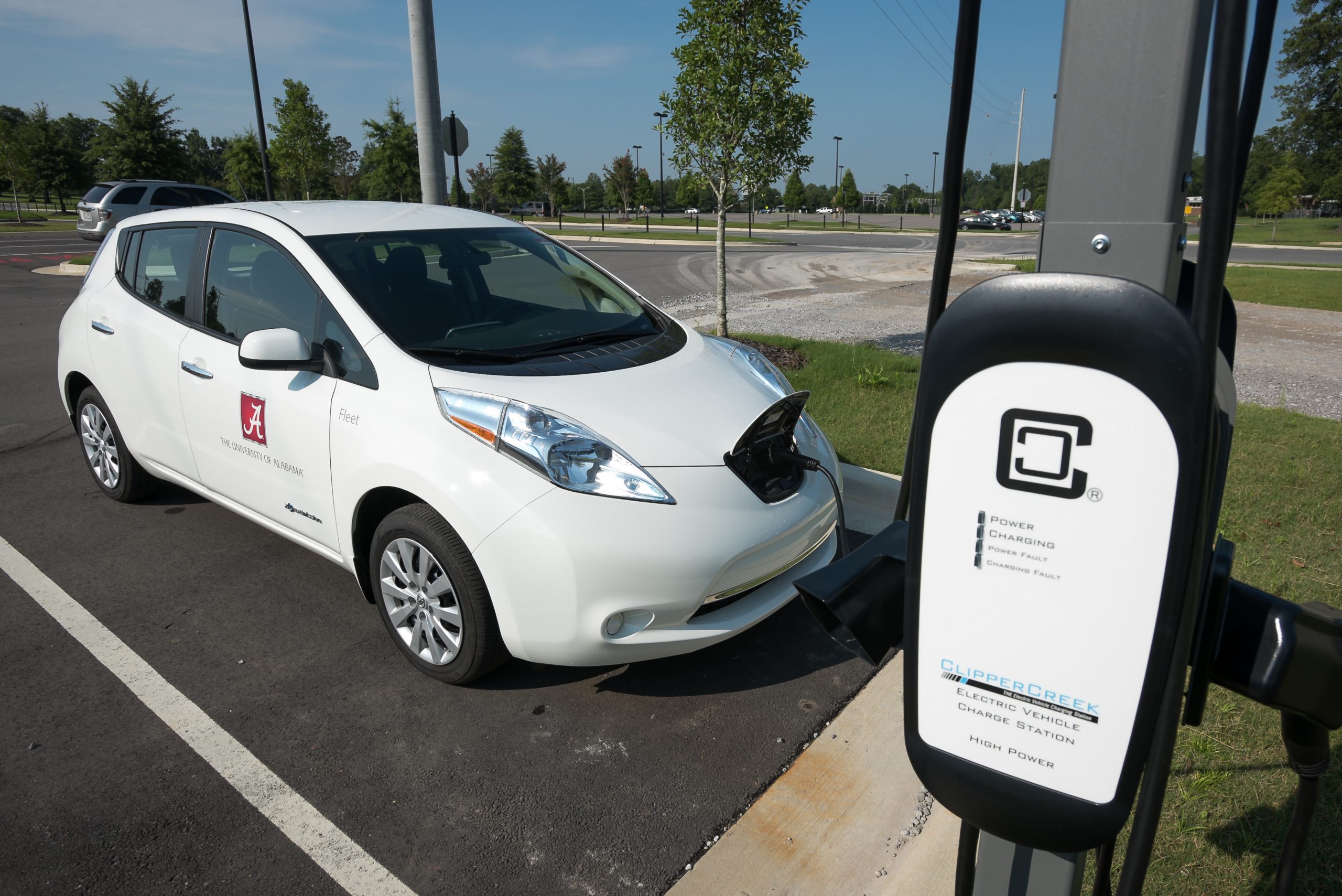Beyond the core research topics, The AMP Strategic Plan focuses on collaborative research related to EV Workforce development, EV integration with power grid and transportation systems planning and operations, and addressing all aspects of economic feasibility, including second-life applications of EV battery packs.
Education and Workforce Development
To maintain competitiveness and engineering capabilities related to EVs, new curriculum and graduate research activities need to be developed and aligned with the core research topics. Additionally, the dramatic increase of EVs will necessitate the development of a competent workforce with the necessary skills along the cell, pack and EV manufacturing value chain. These activities will propel workforce development, including the development of high-demand academic programs and degrees offered to students with an interest in mobility and power, and smart communities. Further, in a longer term, AMP will be able to establish a national training center for students, state and local officials, and the EV workforce.
Integration of power grid and transportation system-level planning and operational optimization of EVs on road network
Beyond the challenges associated with battery manufacturing, management, and second life usage, to most effectively leverage a future that includes an integrated electrical grid and transportation system, there must be a coordinated optimization effort at both system and vehicle levels including a mix of conventional and battery electric vehicles. An integrated grid- and transportation-system planning, and management framework must be developed in the future that considers the coupled dynamics of predicted charging demand, power grid status, and traffic flow. On the grid side of operations, this system must be able to manage fixed charging stations and mobile charging assets, such as electric buses deployed to augment fixed charging infrastructure. From the EV side, future transportation management research and operations must consider EV charging needs so that adequate potential for fast charging at fixed or mobile stations is readily available. Finally, there is an opportunity for optimization of individual vehicles with connected and automated technology coupled to battery management (SOC, SOH) and driver behavior.
Economic feasibility and environmental impact for cell materials, pack manufacturing, and second life usage of EV battery packs
In all topic areas of the AMP initiative, as described in the core research thrusts, there are economic and environmental challenges. In the core research area of Cell Chemistry and Materials, through LCA and TEA analysis, the research needs to offer solutions with a positive net impact on the environment and show economic feasibility. All manufacturing activities at the cell, pack, and EV level must also balance the economic viability of the innovations with their impact on the environment. Beyond the technical challenges of integrating repurposed EV battery packs into the grid as storage augmentation, the logistics and economics of this practice must be thoroughly analyzed to develop a holistic solution. This solution will need to consider collection of EVs from consumers at end-of-life, extraction of the battery packs, and repurposing them for second life usage. Finally, the AMP initiative needs to work with various stakeholders including government agencies and power companies for policy development and energy pricing.
